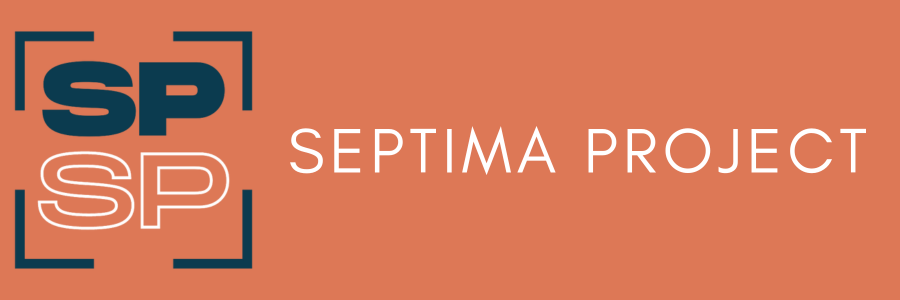Seeking Sanctuary in Black Culture
Feb 2025
Kristina Gray-Akpa
If you’ve been following our work, then you know that we think culture plays an important role in moving us toward racial equity. Culture allows us to shift narratives about race, open dialogue, and connect across difference. Culture helps us see reflections of ourselves, our identities, and our stories. It’s also how we center voices that have been pushed to the margins.
As we ease into a new year, new presidency, and an uncertain future, we are leaning into culture more than ever.
Yes, we need protestors, activists, policy experts, and movement builders. But we also need storytellers, artists, media makers, and cultural workers. We need stories that soothe us, transport us, and heal us. We need culture that is a source of joy, resilience, and resistance. We need art that inspires and fuels us to take action.
For Black women like myself, leaning into culture is a way to protect our peace at a time when many of us feel under attack, burnt out, and tired of saving America from itself. This Black History Month Black especially we need stories that are a respite. We need art that is an escape and a balm. We need media that sustains and restores us.
We need culture rooted in the Black radical imagination—that deep ancestral source of inspiration, creativity, and collective dreaming that reminds us of what we’ve endured and also lets us envision new futures.
Here’s what seeking sanctuary in Black culture and art looks like this February.
Watching Black films. I’m revisiting films like Bacurau, a mind-bending tale that follows a modern-day quilombo in Brazil (maroon communities created by escaped enslaved Africans) that fights back and protects itself from colonizers. I’m also watching documentaries like Nationtime and Storming Caesar’s Palace that capture the legacy of black organizing and activism.
Watching Black TV shows. I’m laughing out loud at Southside and Diarra from Detroit, shows that find the (absurd and subversive) humor in everyday Black life. I’m also getting fired up watching the story of abolitionist John Brown in Good Lord Bird and feeling ready to take down capitalism with the fever dream that’s I’m a Virgo.
Reading Black books. I’m burying my head in books like the short story collection Neighbors and Other Stories from unsung Black writer Diane Oliver. I’m also getting excited for upcoming memoirs from two of my favorites musicians, rapper Jean Grae and the one and only Neneh Cherry.
Listening to Black music. I’m putting some of my favorites on replay as I seek out music that contains the multitudes of Black joy, pain, love, celebration, and mourning. Kendrick reminds me that we gon’ be alright. Gospel singer LaShun Pace tells me I’m more than a conqueror. Bam Bam makes me want to shout and release some stress. Nubiya Garcia connects me to sounds from across the diaspora.
Experiencing Black art. I’m getting lost in the work of Ayana V. Jackson and her powerful meditation on the Middle Passage. I’m also finding my way to art inspired by Afro-Surrealism. Because truly, what better to understand this current moment than through surrealism.
What are you watching, reading, or listening to this month? How are you seeking sanctuary in art and culture this Black History month?
